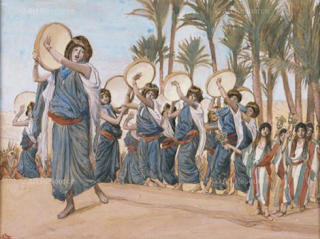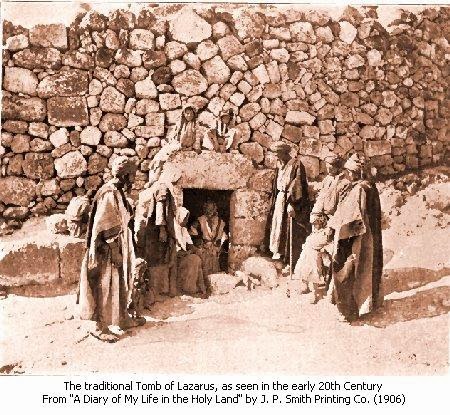TO CHEW ON: "Having been born again, not of corruptible seed but incorruptible through the word of God which lives and abides forever." 1 Peter 1:23
It is soon planting time in the part of the world where I live. Gardeners are planning their plots. They are buying seed. They are readying the soil. Though they can't accomplish the mysterious process of germination, they will do all they can to get the soil just right and plant high quality seed so that their garden will be a success.
The Bible talks a lot about our lives in terms of seed, new life, growing a good crop. Our focus verse today tells us that God's word is the guaranteed seed of new life in us. Other places also talk about God's word as being unable to fail (Isaiah 55:10-11). So why does it not always produce a good harvest?
Because in our lives there is another variable — the soil. And that part is up to us. Jesus told a parable about the possible soils of life in Matthew 13:3-9. He talked about wayside soil, shallow soil, weedy soil, and good soil.
Later He explained to His disciples what each soil signified in a person's life (Matthew 13:18-23).
- We discover that wayside soil where the birds snatch the seed away is the person who doesn't understand God's word.
- Stony soil in which the seed germinates but never gets established is the person who doesn't let this new life get rooted in new habits and lifestyle changes.
- The weedy, thorny soil is the life that is cluttered with other interests, agendas and goals. If the seed germinates, it is soon crowded out and starved for water by competing weeds.
- And then there is the good soil, which is the receptive life where the word germinates and grows to produce an increase of thirty, sixty or one-hundred percent.
If you're a person who is new to these ideas, you may be like the wayside soil — bewildered and confused about what Jesus and His life and death mean to you. You can read Jesus' explanation of new life to someone for whom this was a new idea in John 3:1-16. You can ask God to help you understand.
Even after God's word has germinated into new life in us, we still need to keep an eye on soil conditions. Just like a gardener doesn't forget about a plant once it has poked through the soil but weeds, fertilizes, cultivates and aerates around it, so we need to be vigilant to nurture the new life in us.
If our new life is in danger from shallow roots in stony soil conditions, we can encourage them to grow deeper. Joshua 1:8 has some good advice on how to do that:
"This Book of the Law shall not depart from your mouth, but you shall meditate in it day and night, that you may observe to do according to all that is written in it. For then you will make your way prosperous, and then you will have good success."
If our plot us full of the weeds and cares of everyday life, Jesus tells us how to tackle those things in Matthew 6:25 and 33:
"If you decide for God, living a life of God-worship, it follows that you don't fuss about what's on the table at mealtimes or whether the clothes in your closet are in fashion. There is far more to your life than the food you put in your stomach, more to your outer appearance than the clothes you hang on your body....Steep your life in God-reality, God-initiative, God-provisions. Don't worry about missing out. You'll find all your everyday human concerns will be met - MSG paraphrase.
Let's be vigilant to care for and nurture the soil of our lives so that God's word will realize its potential of a good harvest in us.
PRAYER: Dear God, Thank You for the Bible which is the seed of new life. Please show me where the seed of Your word has competition from other things in my life. Help me to care for my life plot with the dedication of a successful gardener. Amen.
MORE: Gardening advice
- "How to get soil ready for spring planting" is a practical article on preparing garden soil for spring planting.
- "How to maintain your garden in summer" talks about techniques you can use so the plants in your garden survive the growing season.
These articles have practical ideas for your natural garden. As you read them can you find ways that natural gardening parallels establishing and maintaining life's spiritual garden?
************
Unless otherwise noted all Scripture quotations are taken from the New King James Version®. Copyright © 1982 by Thomas Nelson, Inc. Used by permission. All rights reserved.
Scripture quotations marked MSG are taken from The Message. Copyright © 1993, 1994, 1995, 1996, 2000, 2001, 2002. Used by permission of NavPress Publishing Group.
















